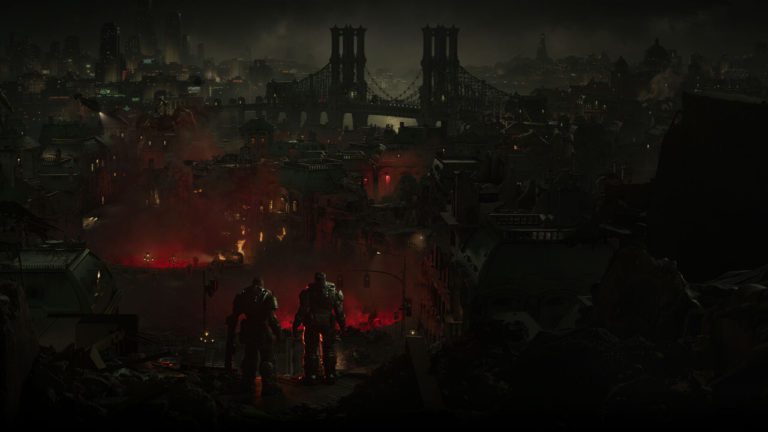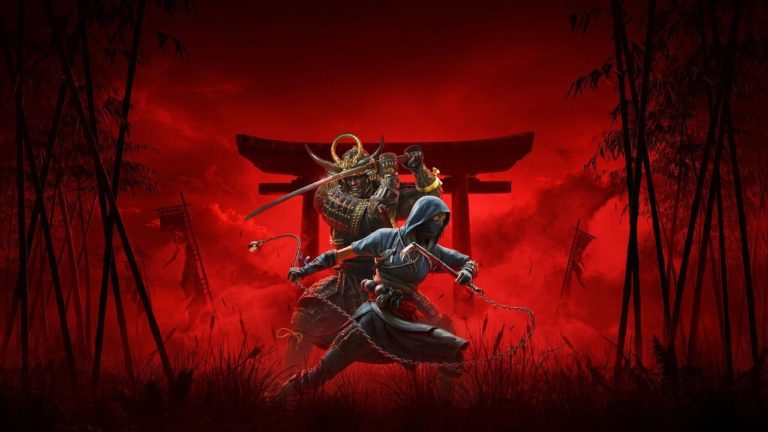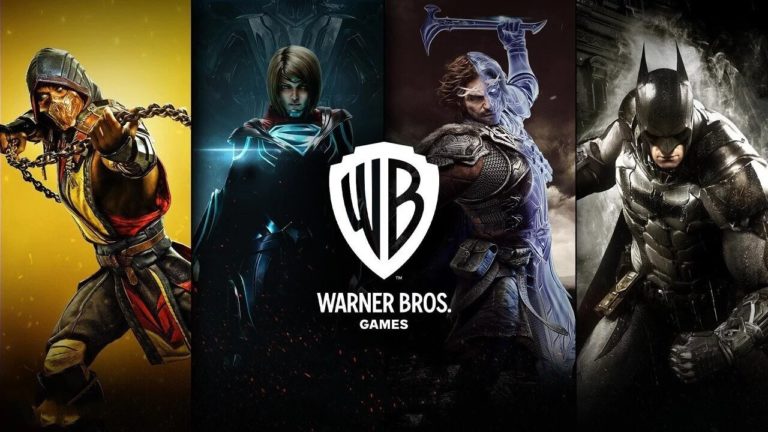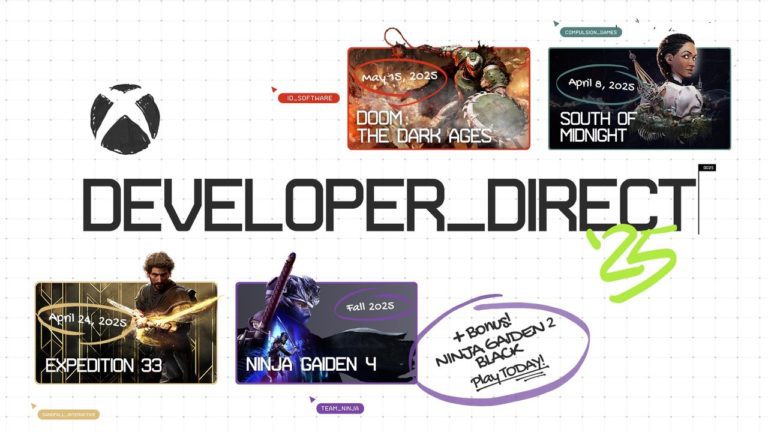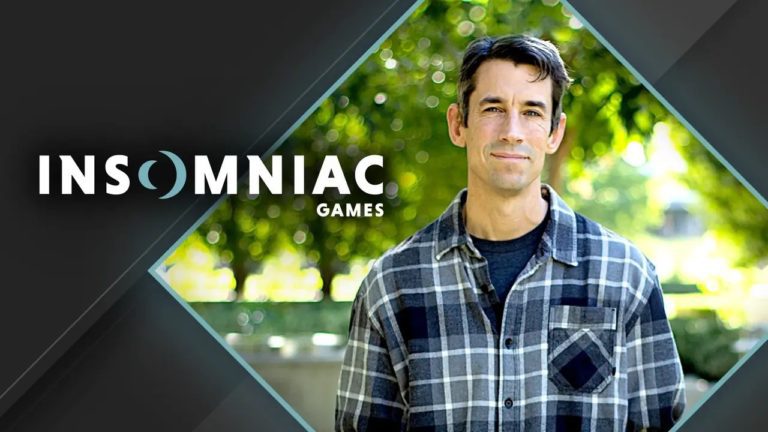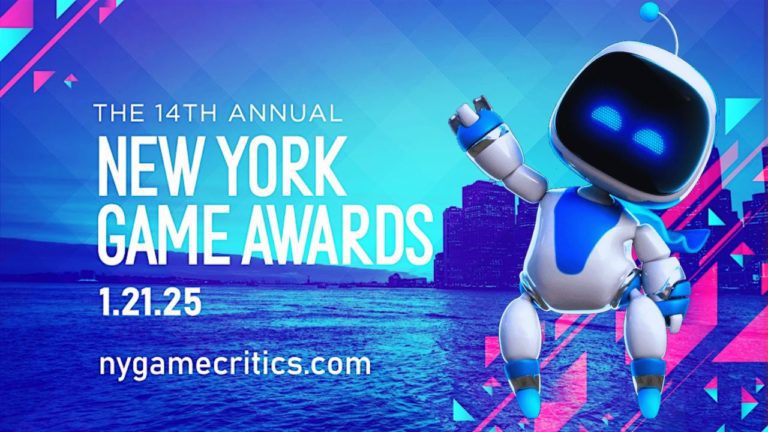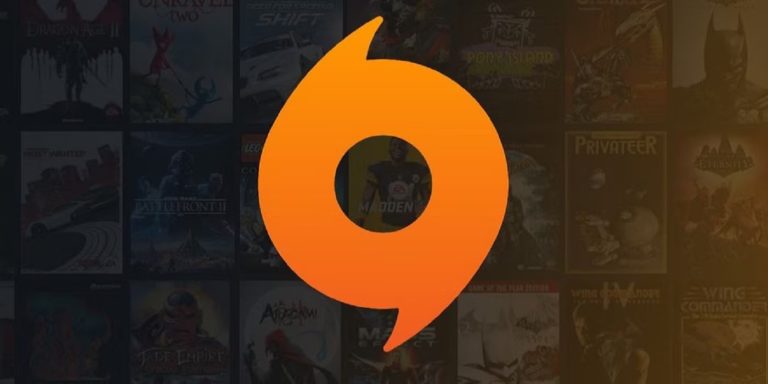In exciting news for the gaming world, People Can Fly confirmed that they are working with Xbox...
Industry
Phil Spencer confirmed that more Xbox games will become available on other platforms, including PlayStation in his...
In the ever-expanding universe of Assassin’s Creed, each new installment is eagerly anticipated by fans worldwide. The...
Warner Bros. Games President David Haddad has announced his departure from the company after 12 years of...
On January 23, 2025, Xbox held its much-anticipated Developer Direct, revealing an impressive line-up of games and...
Pocketpair, known for its imaginative and engaging games like Palworld and recently Overdungeon as a surprising new...
The video game industry experienced a turbulent year in 2024, witnessing a significant decline in hardware sales....
Ted Price, the founder and president of Insomniac Games, announced his retirement after over 30 years with...
The 14th Annual New York Game Awards, hosted by the New York Videogame Critics Circle, celebrated the...
While it shouldn’t be a surprise for those following up this topic, Electronic Arts has announced the...


